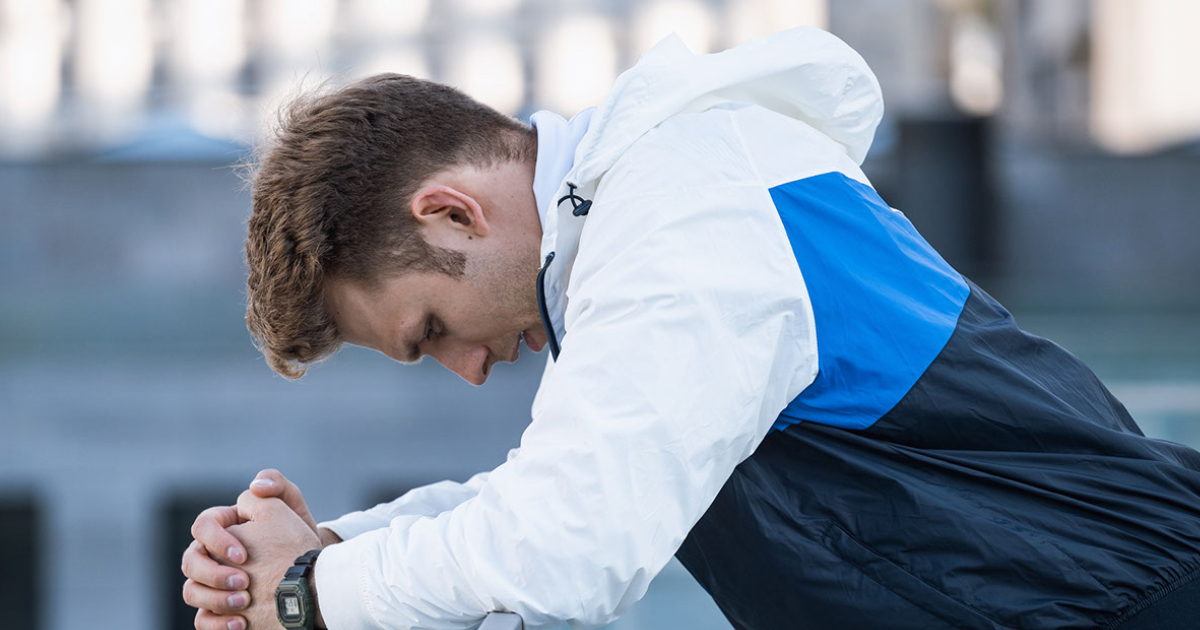Daring greatly

Recently I have been reading a book called Daring Greatly by Brene Brown, US researcher on vulnerability, shame and wholehearted living. Reading her wise and inspiring book, based on thousands of interviews with people from all walks of life, has helped me to reflect on one of the biggest issues we see in AFL specifically and male sport more generally – vulnerability. In particular, the lack of space we give players to be mentally and emotionally vulnerable, and the consequences of this.
Vulnerability is uncertainty, risk and emotional exposure. While players are given some scope to be vulnerable or imperfect in a physical sense (from playing a sport that has a high physical injury risk); emotional or mental vulnerability is often frowned upon. Recently when discussing wellbeing and mental health with a group of players the message they shared was that showing any emotional vulnerability was a sign of weakness, and weakness lost you the confidence of the players, coaches and fans. The message was clear – it is not OK to be vulnerable or weak.
And yet later in the discussion another player opened up about his own emotional struggles and when avoidance and hiding from them became too much, he finally summonsed the courage to try a different way – to share it. To open up to a health professional and share his fears, doubts, vulnerability. Rather than leaving him feeling weaker, he talked about a weight lifting from his shoulders, a renewed passion for AFL, and energy for life. And you could see the nods of the playing group as he spoke – they knew and felt what he meant.
As Brown demonstrates so eloquently in her book – courage, creativity, connection and greatness comes hand in hand with vulnerability. We ask these young men to be exceptional on the field, and more and more, to be exceptional off-field. If we ask this of them, then we also need to give them permission to be human – to have fears, doubts and worries – and to not be ashamed if they open up about these. Too often we only know the depths of their struggles when it is too late.
So how do we begin to create space for vulnerability? It is a complex cultural issue but I think that we can begin by dispelling the myth that vulnerability is an indication of weakness or failure. We need to acknowledge that imperfection, risk and emotional exposure are part and parcel of learning, growth and daring to be great.
We need to start a conversation about what it means to dare greatly – and to accept that imperfection, failure and vulnerability are part of the package. We also need to give our players the practical skills they need to share and manage vulnerability in healthy and adaptive ways – by connecting and sharing with friends, family or health professionals.
Finally, we need to listen to their stories with compassion and understanding – because in the end we are all imperfectly human.


